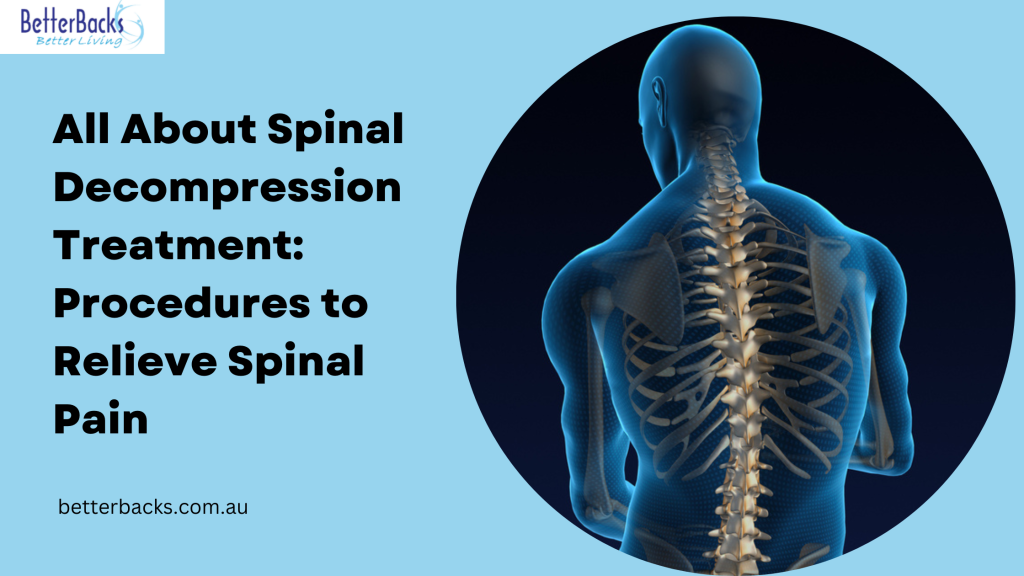Hypothyroidism is a medical condition characterized by an underactive thyroid gland that fails to produce sufficient amounts of thyroid hormone. The thyroid gland, located in the front of the neck, is crucial in regulating various bodily functions, including metabolism, heart rate, body temperature, and mood. When thyroid hormone production decreases, it can lead to a wide range of symptoms and complications affecting multiple systems within the body.
Seven Ways Hypothyroidism Affects the Body
Hypothyroidism can have profound effects on various systems within the body, manifesting in a wide range of symptoms that can significantly impair daily functioning and overall well-being. From metabolic slowdown and weight gain to disruptions in mood, cardiovascular health, digestion, hair, skin, and reproductive function, the impact of hypothyroidism extends far beyond the thyroid gland itself. Understanding these diverse effects is crucial for effectively recognizing and managing this common endocrine disorder.
Metabolism and Weight Gain
Hypothyroidism significantly slows down metabolism, leading to weight gain despite reduced calorie intake. The lack of thyroid hormone decreases the body’s ability to burn calories efficiently, resulting in fat accumulation, particularly around the abdomen. Additionally, hypothyroidism often causes fluid retention, further contributing to weight gain. Individuals with untreated hypothyroidism may find it challenging to lose weight even with diet and exercise. Moreover, the decreased metabolic rate can lead to fatigue and lethargy, making it difficult to engage in physical activity, exacerbating the weight gain cycle.
Fatigue and Weakness
A hallmark symptom of hypothyroidism is persistent fatigue and weakness. Without enough thyroid hormone, cells throughout the body cannot produce adequate energy, leading to feelings of exhaustion, even after ample rest. This fatigue can significantly impact daily functioning, making simple tasks feel overwhelming. Additionally, muscle weakness is common in individuals with hypothyroidism, further contributing to reduced physical activity and fatigue. The constant state of tiredness can also affect cognitive function, causing difficulties with concentration, memory, and decision-making.
Mood Changes and Depression
Thyroid hormones play a crucial role in regulating mood, and their deficiency can lead to mood swings, irritability, and depression in individuals with hypothyroidism. The imbalance of neurotransmitters, such as serotonin and dopamine, due to thyroid hormone deficiency can contribute to emotional instability. Chronic feelings of sadness and despair are common among people with untreated hypothyroidism, impacting their overall quality of life. Moreover, the fatigue and weight gain associated with hypothyroidism can further exacerbate feelings of depression and anxiety, creating a vicious cycle of emotional distress.
Cardiovascular Effects
Hypothyroidism can have significant impacts on cardiovascular health, increasing the risk of heart disease and other complications. The decreased metabolic rate and elevated LDL cholesterol (the “bad” cholesterol) associated with hypothyroidism can lead to atherosclerosis, the buildup of plaque in the arteries. This increases the risk of hypertension, coronary artery disease, and stroke. Furthermore, hypothyroidism can affect heart rate and rhythm, causing bradycardia (abnormally slow heart rate) and irregular heartbeats (arrhythmias). These cardiovascular changes highlight the importance of early detection and treatment of hypothyroidism to mitigate the risk of heart-related complications. Less invasive treatment options, such as thyroid RFA may be used.
Digestive Issues
Hypothyroidism can disrupt digestive function, leading to various gastrointestinal symptoms such as constipation, bloating, and indigestion. The reduced metabolic activity slows down intestinal transit time, resulting in difficulty passing stool and infrequent bowel movements. Furthermore, hypothyroidism can impair the contraction of smooth muscles in the digestive tract, leading to bloating, gas, and abdominal discomfort. These digestive issues can significantly impact the individual’s quality of life, causing pain and interfering with daily activities. Proper management of hypothyroidism, including medication and dietary changes, is essential to alleviate these gastrointestinal symptoms.
Hair and Skin Changes
Thyroid hormones play a vital role in maintaining healthy hair follicles and skin cells, and their deficiency can lead to various hair and skin changes in individuals with hypothyroidism. Hair loss, thinning, and dryness are common symptoms of hypothyroidism, affecting both scalp and body hair. Hypothyroidism can also cause skin texture changes, leading to dryness, roughness, and flakiness. Some individuals may also experience puffiness and swelling of the face, particularly around the eyes, due to fluid retention. Proper hydration, nourishment, and skincare routines can help manage these hair and skin changes associated with hypothyroidism.
Menstrual Irregularities and Fertility Issues
Hypothyroidism can disrupt the normal menstrual cycle in women, leading to irregular periods, heavy bleeding, or even amenorrhea (absence of menstruation). The imbalance of hormones caused by thyroid dysfunction can affect the hypothalamic-pituitary-ovarian axis, leading to ovulatory dysfunction and menstrual irregularities. Furthermore, untreated hypothyroidism can impair fertility by disrupting ovulation and implantation processes. Women with hypothyroidism may have difficulty conceiving and are at higher risk of miscarriage if pregnancy occurs. Proper management of thyroid function is crucial for maintaining reproductive health and optimizing fertility outcomes in women with hypothyroidism.
Conclusion
Hypothyroidism is a complex medical condition with far-reaching effects on various systems within the body. From metabolism and weight regulation to mood, cardiovascular health, digestion, hair, skin, and reproductive function, hypothyroidism can significantly impact an individual’s quality of life if left untreated. Early detection and proper management, including thyroid hormone replacement therapy, lifestyle modifications, and regular monitoring, are essential for mitigating symptoms, preventing complications, and restoring optimal health and well-being in individuals with hypothyroidism.
James Martin is a passionate writer and the founder of OnTimeMagazines & EastLifePro. He loves to write principally about technology trends. He loves to share his opinion on what’s happening in tech around the world.



